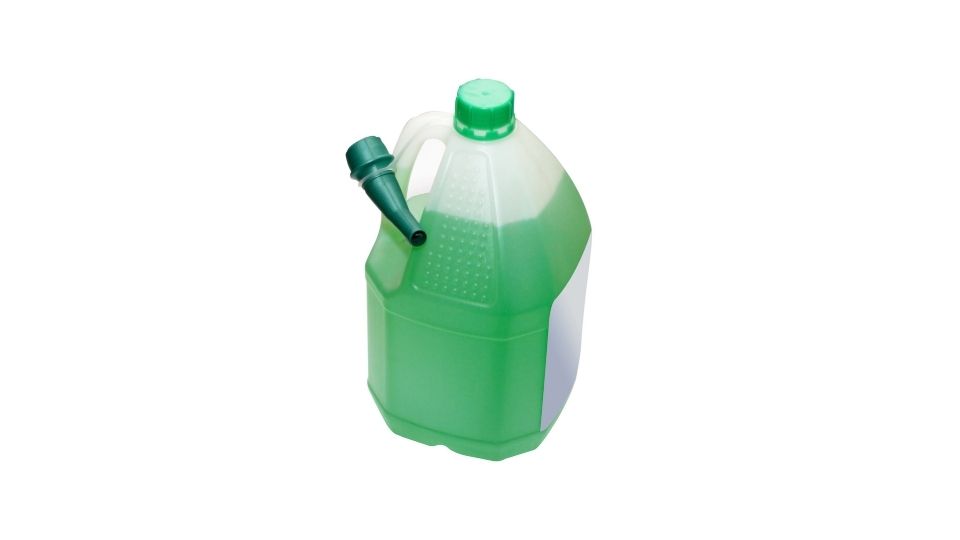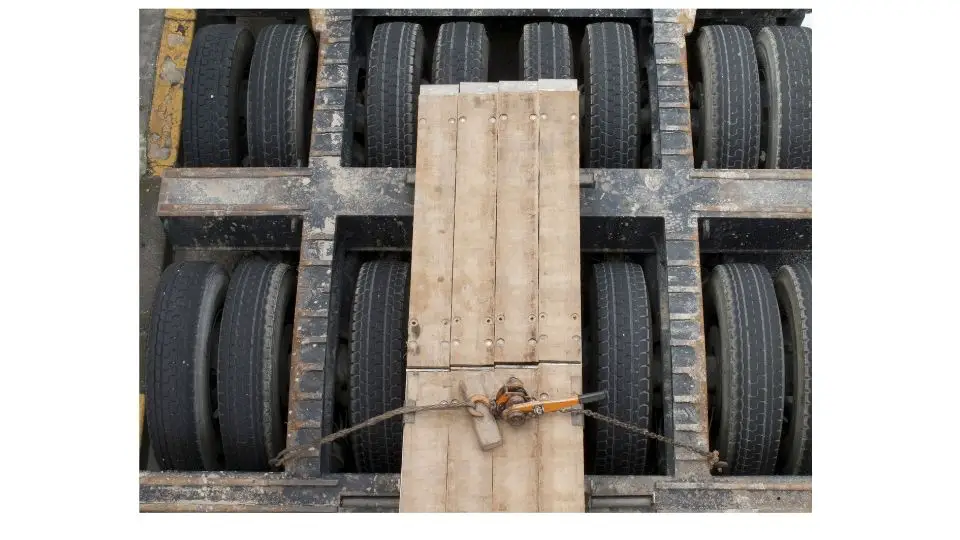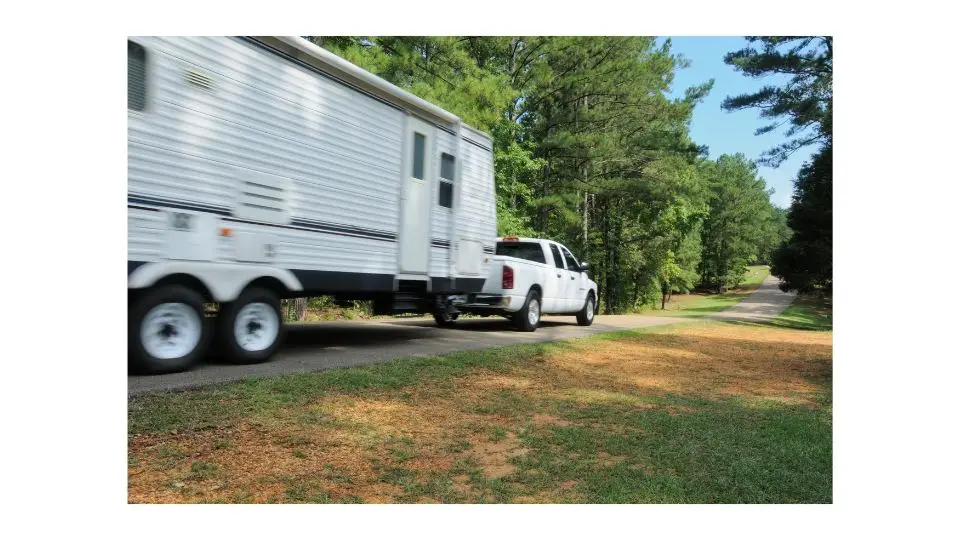After the winter season, de-winterizing your RV can feel like unlocking a new set of adventures. Whether you plan on traveling across the country, to your favorite campsites, or just a few weekends in getaways, the start of RV season is an exciting time. The only problem is, what do you do with all the antifreeze?
Antifreeze, when added to water, is used to reduce the boiling point and lower water’s freezing point to maintain a more stable temperature in your RV’s engine. This is to prevent extreme temperatures from causing any lines or fillings to burst.
While good antifreeze can prevent engine corrosion, it must be checked and potentially changed every 6 months. Unfortunately, antifreeze is toxic, which can make disposing of it a bit tricky. Antifreeze comes in two types: ethylene glycol deicer and propylene glycol deicer.
While both types of antifreeze can be fatal if accidentally consumed and contain heavy metals, ethylene glycol deicer is considerably more toxic and can have more serious adverse health effects.
In order to avoid toxicity, it is recommended to use propylene glycol deicer, which is less dangerous unless consumed in large doses. However, propylene glycol deicer can be more difficult to obtain as it is usually only available at RV or Marine-specific retailers.
How to Dispose of RV Antifreeze
In order to get the antifreeze out of the RV, the easiest solution is to run fresh water and flush the antifreeze into the holding tanks until it can be properly disposed of.
It is important to remember that if antifreeze was added to the freshwater holding tank, the tank will need to be completely drained and all the antifreeze removed before using the tank for drinking water. No matter which form of antifreeze you use, it cannot be just be dumped on the ground.
While there are no EPA regulations regarding antifreeze, there are still many potential harms of dumping the solution. Antifreeze has a sweet smell, which can make it seem like an appealing but deadly snack to local wildlife.
Antifreeze is also flammable so dumping the fluid on the ground can be a potential wildfire hazard. Antifreeze can also contaminate water sources. Water contamination occurs as propylene glycol is water-soluble, which allows it to be quickly consumed by microbes.
Once consumed by the microbes, the propylene glycol begins to decrease the dissolved oxygen levels in the water. As dissolved oxygen levels fall there can be serious impacts to local marine life in the affected water systems.
On top of potential water pollution, antifreeze has also been linked to reduced plant growth. Instead of being dumped on the ground, antifreeze should be collected and brought to an appropriate disposal facility. In each state, the department of waste management should provide a list of recycling centers and guidelines on the proper handling of used antifreeze.
In addition to the department of waste management, local mechanics and automotive shops may also be able to provide you with information as to where you can dispose of your antifreeze. Even some landfills can dispose of antifreeze, assuming it has not been contaminated by oil or other substances.
As different locations may have different preferences for receiving and disposing of antifreeze, it is advisable to call ahead and see how the disposal center you are using handles the antifreeze. In the case that antifreeze should spill, there are a few important steps to follow to try and minimize any potential negative impacts.
After spilling antifreeze, you should first try and absorb the fluid using sand, cat litter, baking soda, or similar substances. Then, place a paper towel over the area and allow it to sit.
Once the paper towel has had time to absorb any additional antifreeze, place all the contaminated materials into a sealable garbage bag. This bag can then be disposed of in a normal outdoor garbage can, assuming it cannot be accessed by wildlife or children
Conclusion on what do you do with RV antifreeze?
Proper antifreeze disposal methods are an important aspect of operating an RV. While it may seem simplest to just dump used antifreeze on the ground, it is well worth it to follow all advised steps and safety protocols to avoid potential disaster and to be a consciences RV user. Following proper disposal methods can insure that all your RV adventures can continue without leaving disaster in their wake.






